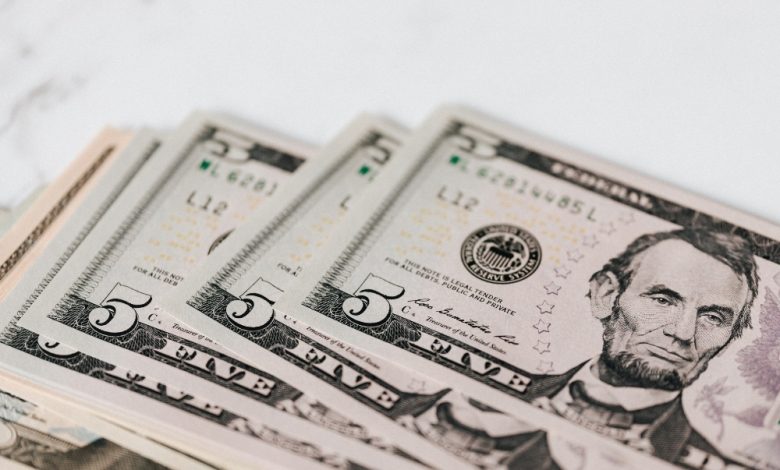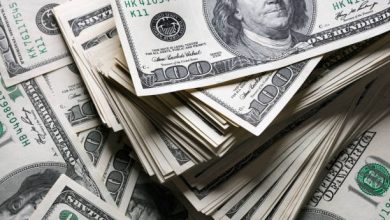What to Know Before Opening a New Bank Account

Regardless of whether you are eighteen years old and opening a bank account for the first time or have had bank accounts in the past and need a new one, there are some things everyone should know before opening a bank account. A bank account is more than just the place where you get processed at your request. Continue reading to understand the other benefits of having a bank account and get information on what you should know before opening a bank account.
Before you open an account, it is essential to know the difference between banks and credit unions. A bank is an institution where money can be saved and borrowed. However, they are operating for a profit, and therefore, fees are attached to a lot of what they do.
Conversely, credit unions are not for profit and open memberships to people who have something in common – like their employed industry. Therefore, credit unions may be harder to become members of, but they offer lower interest when borrowing money.
There is also a difference between checking and savings accounts. Checking accounts are typically accounts where checks are issued to the customer and used to pay bills or withdraw money. A savings account is exactly what it is titled – it is a place where the money you plan to save is placed.
Some things you should know before opening a bank account are:
Is Your Money Insured in a Bank?
Your bank account is insured up to $250,000. That means, if your accounts get compromised and there is fraudulent activity, the bank will offer you compensation (insurance) for up to $250,000 of that money. It also means that as a private entity, if your bank has a problem or goes out of business, you have a claim of up to $250,000 per account.
Are There ATM Fees?
When you open your account, you want to ask the customer service representative if there are ATM fees associated with using your account. That means, regardless of whether you go to an ATM at your bank or withdraw money at a foreign ATM, will you incur a fee for that transaction? Many banks reimburse customers for foreign ATM fees.
Is There a Minimum Balance Requirement?
It would be nice to have a bank account with a balance of 25 thousand daily. However, that is unrealistic for a person just starting their career and establishing credit. Therefore, when you are opening your bank account and asking the bank representative for bank accounts tips, be sure to ask if there is a minimum balance that your account is required to maintain. Also, be sure to know what the penalty is if your account drops below that balance.
Direct Deposit Benefits
If your job offers direct deposit, ask your bank if there are benefits for you to use direct deposit. Aside from trips to the bank on payday, you want to ensure that your direct deposit money is available to you on payday and that there is no “hold” period.
Bank Holiday Schedule
Although banks typically follow the federal holiday schedule, find out from your bank precisely what days they will close for major holidays. For instance, if Christmas is on a Saturday, will your bank close on Friday as well as Saturday in keeping with government offices? Knowing the closed bank days will help you when scheduling payments and other business.
Are There Fees for Money Orders/Cashiers Checks?
Although you have a bank account with money, some payments will require money orders or cashier checks. Ask your bank if you will have to pay for those since you have money there.
Is There Anything Reported to Credit Bureaus?
You want to know if anything about your bank account and how you manage or maintain it gets reported to credit bureaus. Of course, you want to keep your account in accordance with bank regulations but knowing how your account will affect your credit is vital.
Conclusion
As you can see, having a bank account is more than simply a place to stash your money. Having bank accounts can make your business dealings easier. Having answers to the above questions will make opening and maintaining your account smoother.
Apart from this if you are interested to know about Disability Insurance then visit our Finance category.





